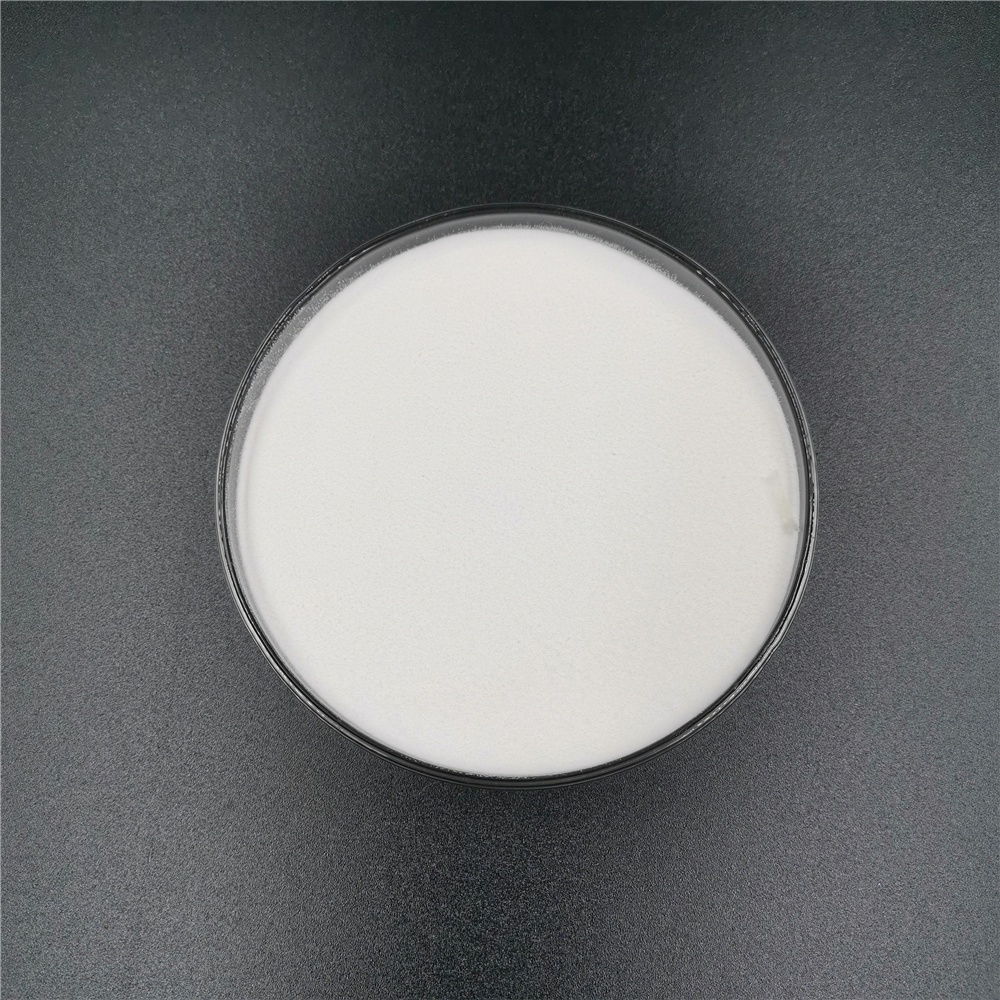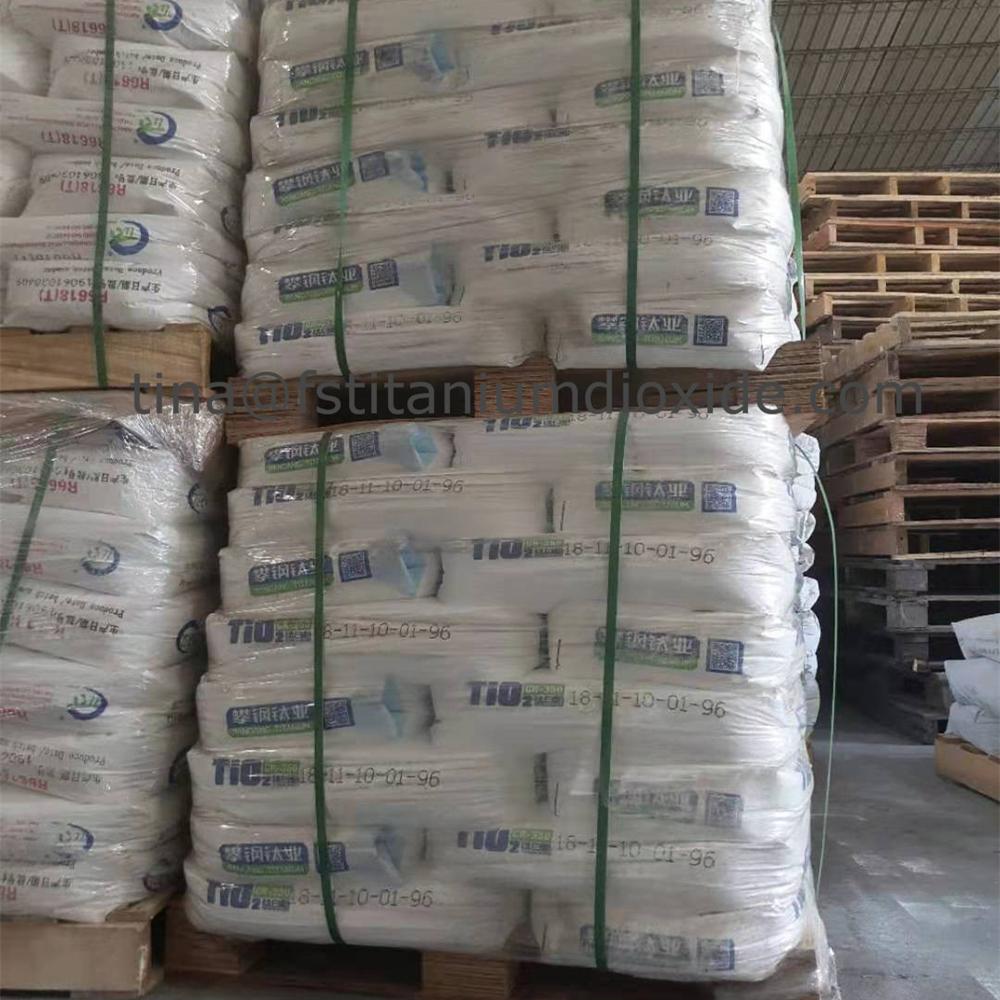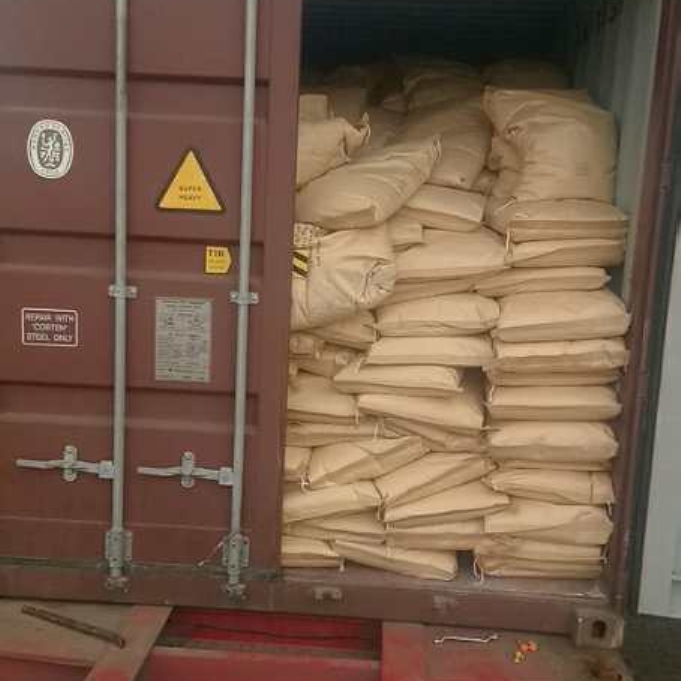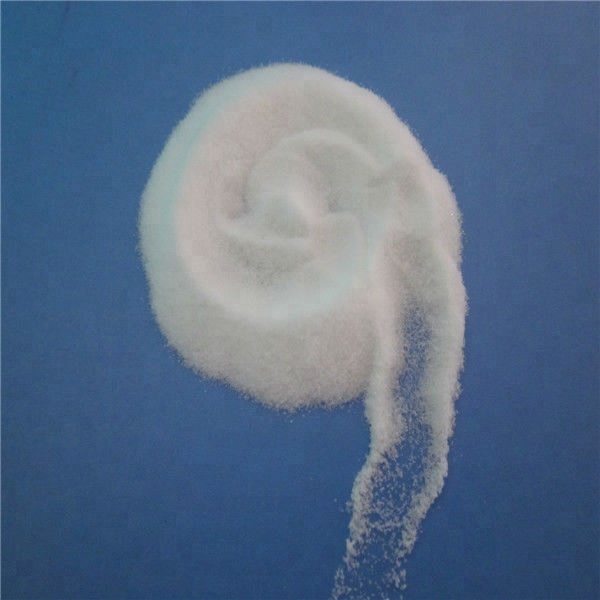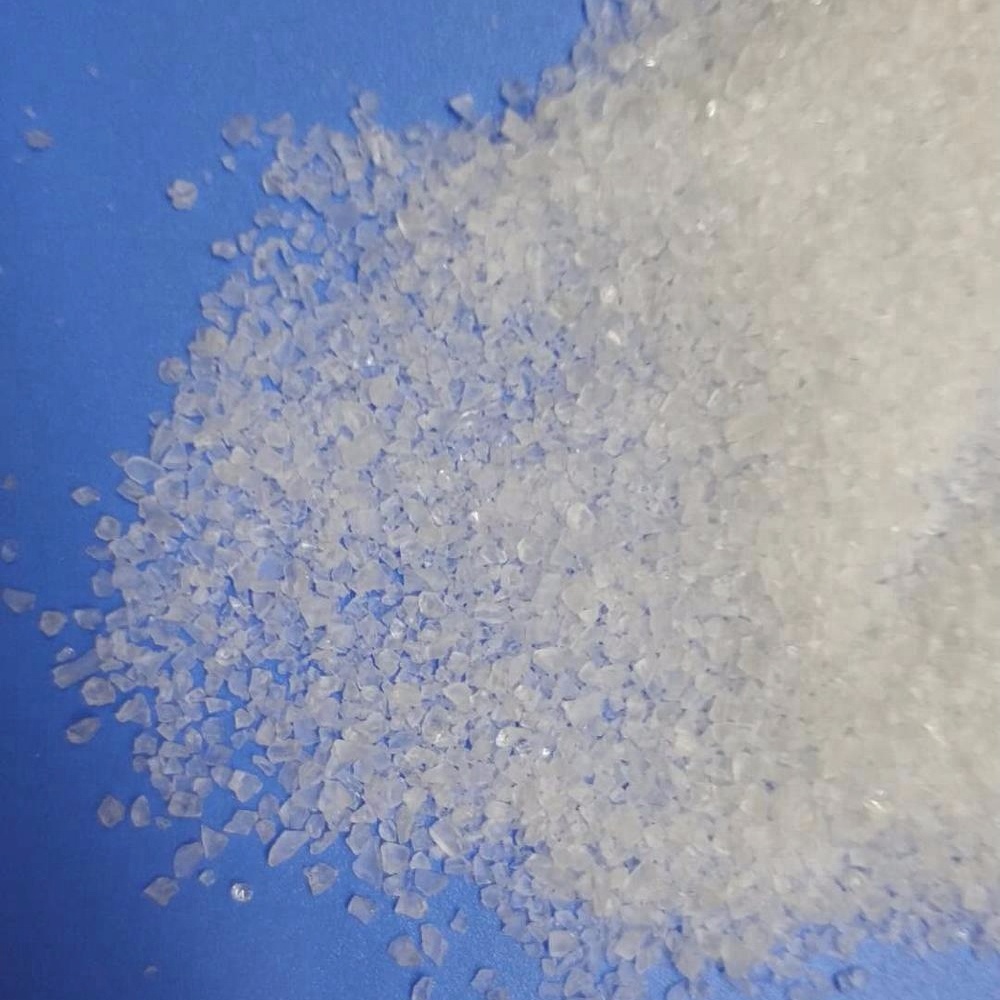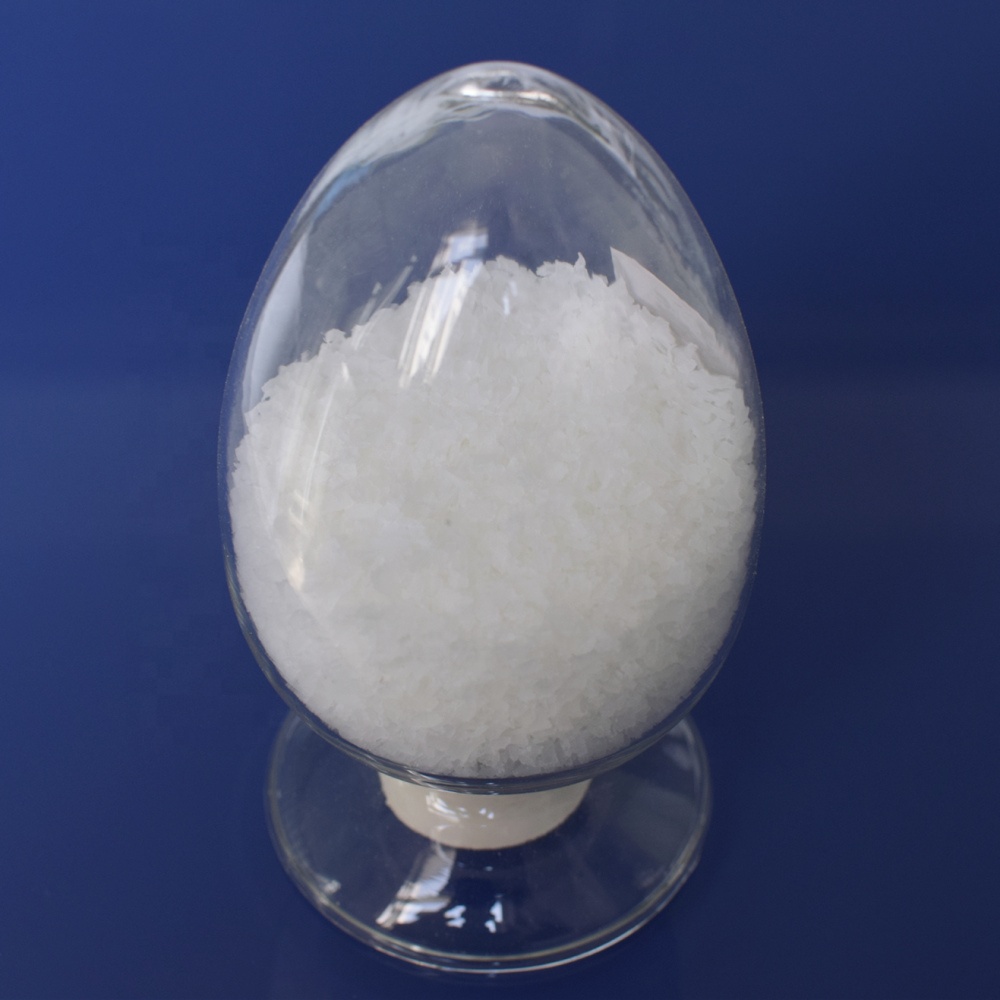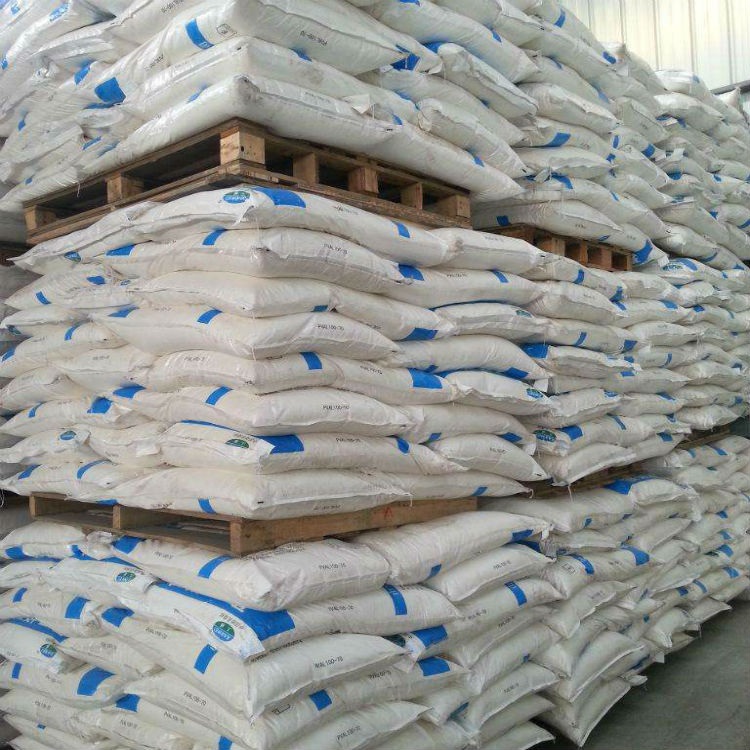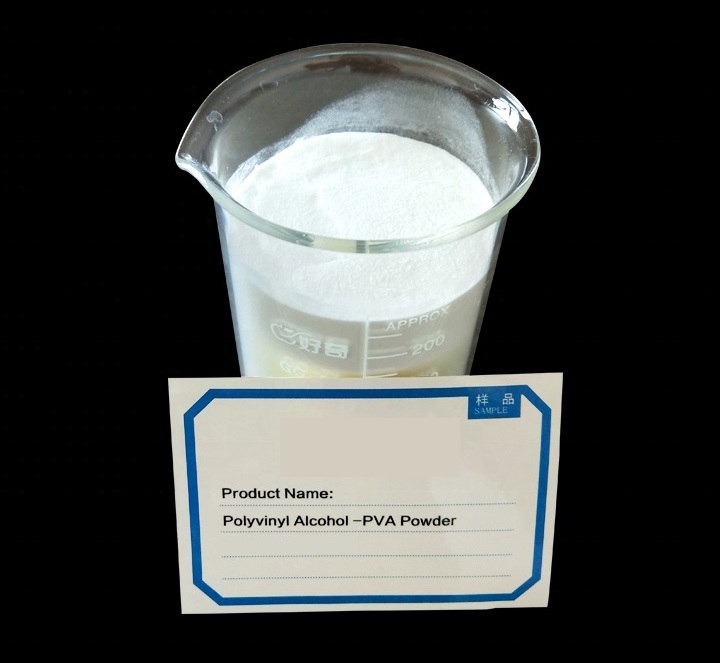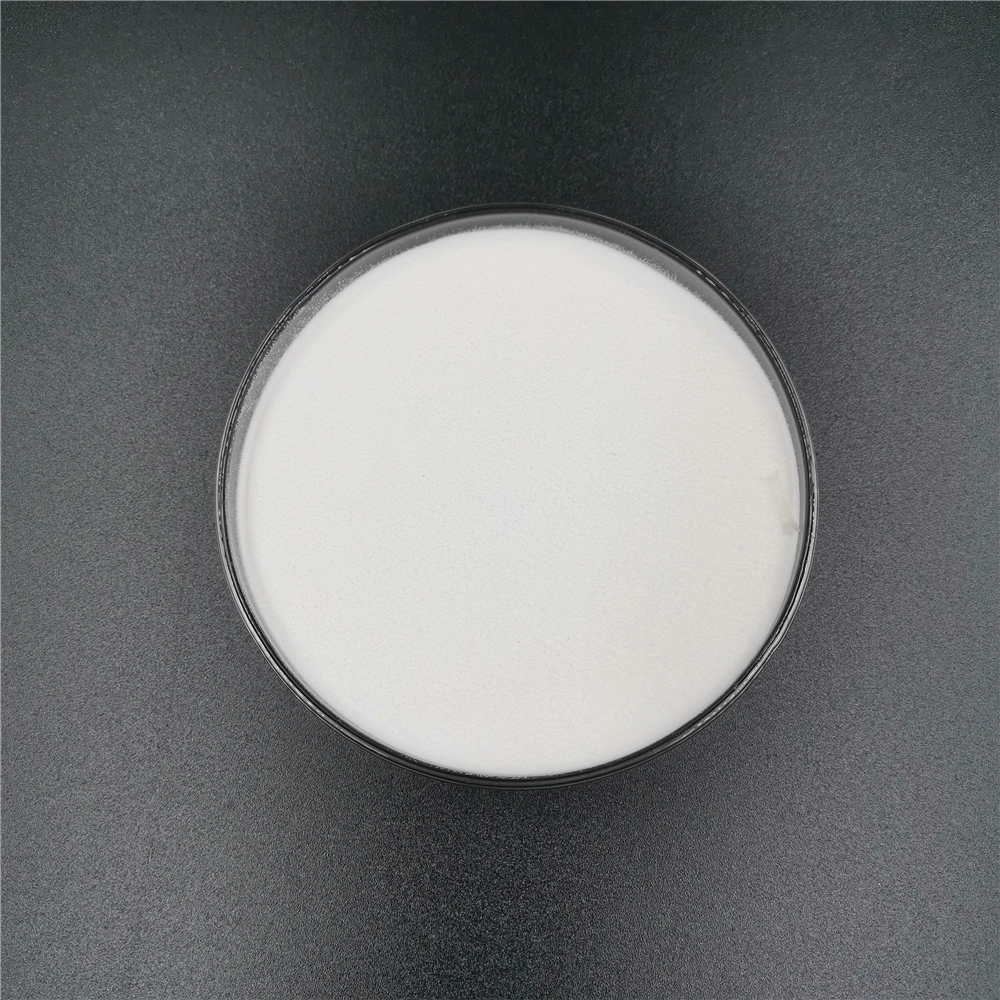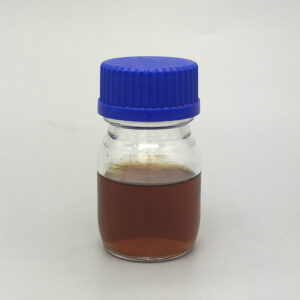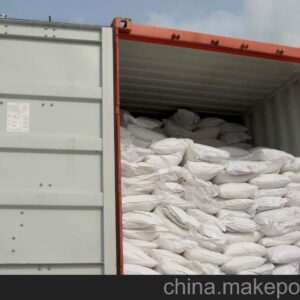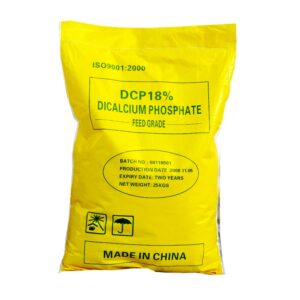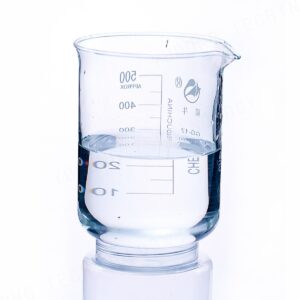Description
Chemical Identity
-
Product Name: Polyvinyl Alcohol (PVA 1799)
-
Chemical Formula: [C₂H₄O]ₙ
-
CAS Number: 9002-89-5
-
Appearance: White to off-white powder or granules
-
Solubility: Soluble in water, insoluble in most organic solvents
-
Odor: Odorless
-
pH (4% solution): 5.0 – 7.0
Specifications of PVA 1799
| Property | Specification |
|---|---|
| Hydrolysis Degree | 87% – 89% (partially hydrolyzed) |
| Viscosity (4% solution at 20°C) | 55 – 65 mPa·s (high viscosity grade) |
| Moisture Content | ≤ 5% |
| Ash Content | ≤ 0.5% |
| Purity | ≥ 98% |
| Particle Size | 80 – 100 mesh |
| Storage Stability | Stable under normal conditions |
Applications of Polyvinyl Alcohol PVA 1799
🧵 Textile Industry
PVA 1799 is extensively used as a warp sizing agent in textile manufacturing. It enhances yarn strength, flexibility, and reduces breakage during weaving, ensuring better fabric quality.
🧪 Adhesives and Glues
Thanks to its excellent adhesive properties, PVA 1799 is widely used in the production of water-based glues, especially for paper, cardboard, wood, and even ceramics. It offers strong initial tack and forms a transparent, flexible film upon drying.
📄 Paper and Packaging
In the paper industry, PVA 1799 is utilized for coating, binding, and laminating to improve printability, oil resistance, and tensile strength. It also acts as a binder in the manufacture of specialty papers and paperboard.
🏗️ Construction and Mortar Additives
As a polymer additive in cements and mortars, PVA improves adhesion, water resistance, and flexibility of construction materials, especially for tile adhesives, patching compounds, and wall putties.
🧴 Cosmetics and Personal Care
Due to its non-toxic and film-forming nature, PVA is used in facial masks, cleansers, and eye care products as a stabilizer, thickener, and viscosity modifier.
Safety and Handling
-
Non-toxic and biodegradable under normal usage conditions.
-
Use standard protective gear (gloves, mask) when handling the powder form to prevent inhalation or skin irritation.
-
Store in a cool, dry place away from moisture and direct sunlight.
Conclusion
Polyvinyl Alcohol PVA 1799 is a versatile, high-viscosity, partially hydrolyzed polymer that delivers superior performance across various industries. Whether you need enhanced bonding, film formation, water solubility, or emulsification, PVA 1799 stands out as a reliable choice for adhesives, textiles, coatings, and personal care products. Its environmentally friendly profile and adaptability make it a preferred material for modern manufacturing and sustainable product development.

